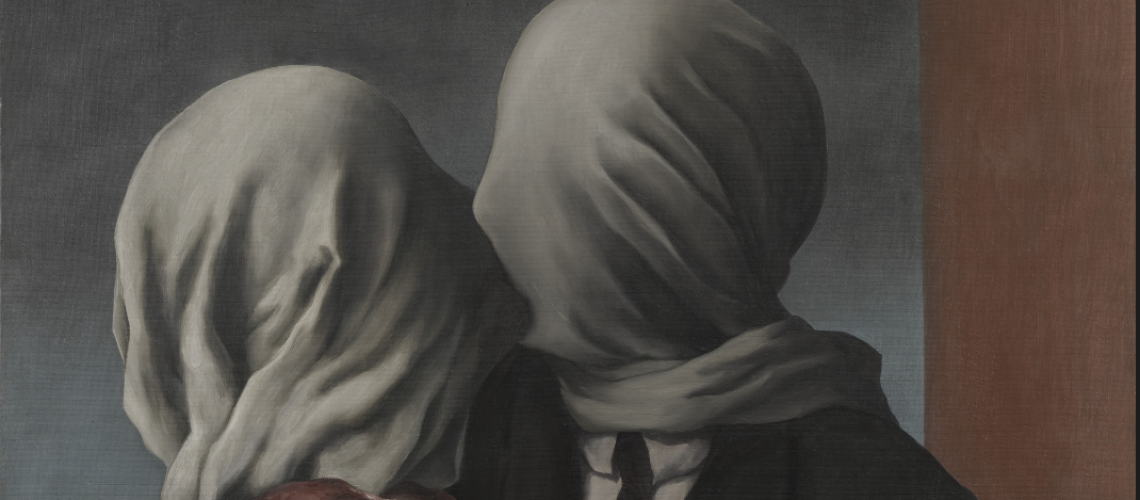Gustav Klimt
The Maiden, 1913, National Gallery Prague
Rene Magritte
The Lovers, 1928, Museum of Modern Art
Edward Hopper
Automat, 1927, Des Moines Art Center

When an idea is brought to life, creators can secure copyright protections, granting exclusive rights for a set period. Copyright registration protects owners with exclusive rights, be it a painting, a book, or a dance sequence. These include the authority to publish, exploit, or withhold the creation. However, these rights are time-limited and hinge on various factors, including country of origin and date of publication. Let’s explore the journey from creation to public domain.
The question of when an artwork enters the public domain can be complex, so we’ll focus on straightforward scenarios. There are three primary ways a work can enter the public domain:
Copyright naturally has a finite duration, and the laws governing this timeframe vary from country to country. In this discussion, our focus centers on the intricacies of copyright regulations in the United States.
Pre-1978 Copyrights in the US
For works created before 1978 in the US, the maximum copyright term spans 95 years from the date of creation. Achieving this maximum term often necessitates a renewal. However, many creators neglected this process, leading to a significant number of artworks published after 1926 eventually entering the public domain.
Laws concerning copyright have undergone numerous changes, introducing complexities into the understanding of these legal frameworks. Nevertheless, recognizing that works created before 1978 generally carry a copyright term of 95 years after their creation offers a foundational insight.
Post 1977 Copyrights in the US
In contrast, for works published in the US after 1977, copyright protection endures for the life of the artist plus 70 years. Notably, there is no requirement for renewals to secure the complete copyright term.
Exploring US copyright records and renewals involves two key locations:
Online Database: The Copyright Public Records Catalog, available online, is a searchable database encompassing records for copyrights issued after 1977.
Physical Catalog: For copyrights issued prior to 1978, a physical collection known as the Catalog of Copyright Entries is housed at the US Copyright Office in DC. This repository contains digitized records spanning from 1891 to 1977. While digitized, navigating this format may present some challenges.
elizabeth@artriumappraisal.com
(563) 203-0298
© 2025 All Rights Reserved